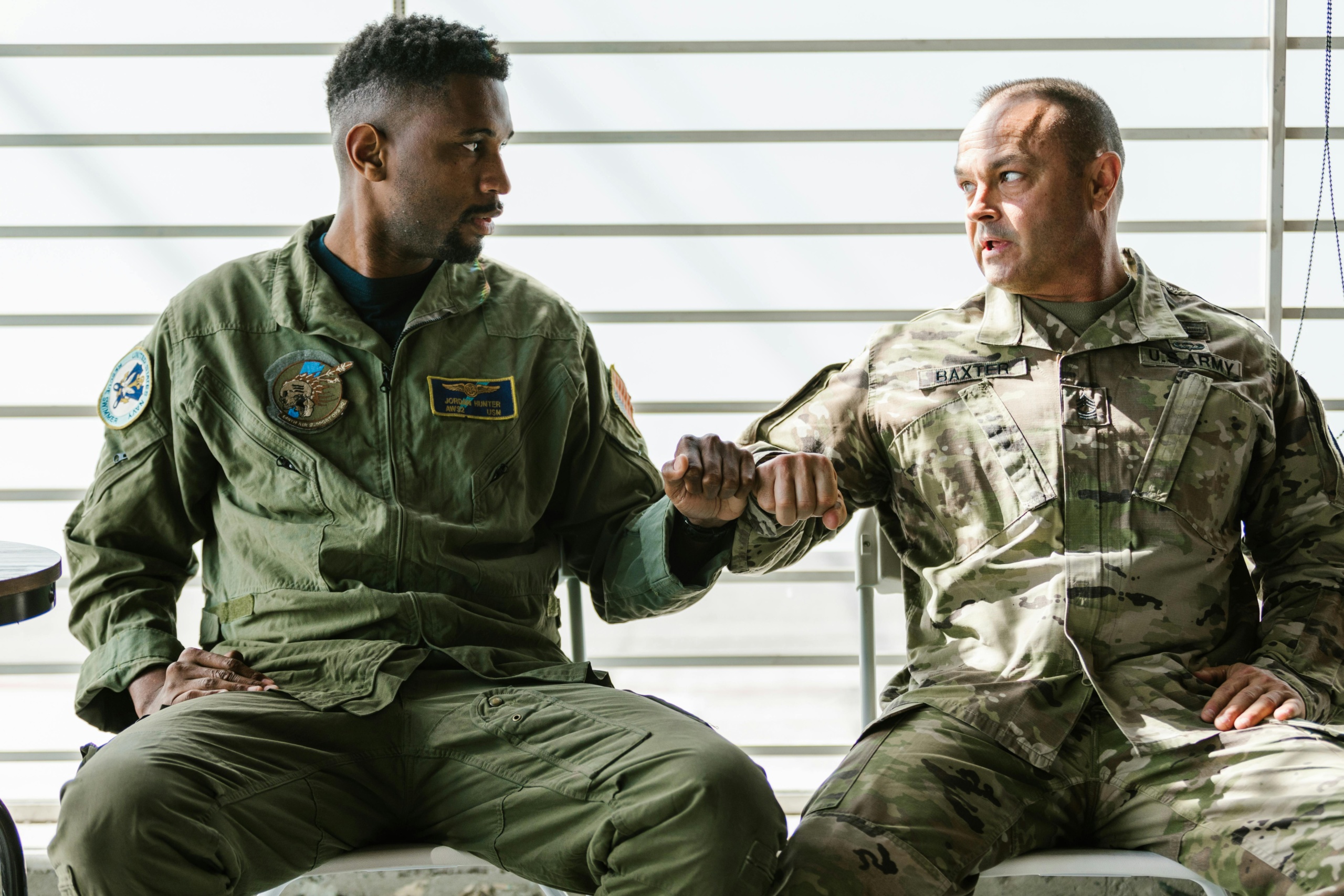For many veterans, transitioning from military service to a civilian career—or what some call the “next mission”—is often a complex, emotional, and sometimes disorienting process. This transition involves more than just finding a job; it means redefining one’s sense of purpose, identity, and belonging in a world that operates very differently from the military’s structured environment.
In the military, roles are clearly defined, the chain of command is sacrosanct, and a rhythm of discipline and order punctuates daily life. Upon leaving service, many veterans encounter a world that lacks this familiar structure, leading to challenges that are not always immediately visible. These challenges range from adjusting to a new work culture to managing the emotional toll of leaving behind a brotherhood or sisterhood that profoundly shaped their lives.
While the government offers various resources to assist in the transition, from educational benefits to job placement programs, each veteran’s personal journey remains intensely individual.
The transition from service to civilian life isn’t the end of the mission; it’s the beginning of a new one—one where your legacy is built not on what you’ve done, but on what you continue to do.”
Michael Thomas
More Than Just a Job Search
For many veterans, searching for post-service employment symbolizes a deeper quest: finding new meaning and purpose. It’s not just about swapping one uniform for another; it’s about rediscovering who they are outside the ranks. In the words of one veteran:
“Transition isn’t about leaving something behind; it’s about walking forward and creating a life that honors both who you’ve been and who you’re becoming.”
This shift in mindset can make all the difference. Many veterans find that embracing the qualities that made them successful in service—leadership, adaptability, resilience—can help them navigate the uncertainties of the civilian world. Organizations like Operation Meraki, founded by a veteran, Michael Thomas, focus on this philosophy by offering pathways for veterans to find new missions that align with their strengths and passions.
A Shift in Identity
One of the biggest hurdles for veterans is often the emotional and psychological shift that comes with leaving the military. While they may have entered the service with clear goals and a strong sense of identity, transitioning back into civilian life can sometimes feel like a loss of self. Veterans who are used to operating in high-pressure, high-stakes environments can find the relative calm of civilian life disorienting. This emotional shift can sometimes lead to feelings of isolation, anxiety, or depression.
Organizations like Operation Meraki, which focuses on veteran reintegration, have pioneered innovative approaches to help veterans navigate these emotional hurdles. By addressing the mind, body, and spirit through initiatives such as experiential therapy and community involvement, they provide veterans with holistic support in rediscovering their identity beyond the uniform.
Creating a New Community
One of the aspects that many veterans miss the most after leaving the military is the sense of camaraderie and belonging that comes with being part of a tightly-knit team. Without this, the world can seem lonely and disconnected.
Programs like Meraki’s “ReFocus” offer veterans opportunities to connect through shared experiences, such as photography and videography. Through storytelling and creative expression, veterans can process their emotions and connect with others who have walked similar paths, building a new community that replaces the one left behind.
Conclusion
The veteran transition process is about more than just finding a job or adjusting to a new routine. It’s about reconnecting with oneself, discovering new passions, and forging a path that honors both past experiences and future possibilities. By reframing the transition as a journey of personal growth and self-discovery, veterans can embrace their next mission with the same determination, resilience, and courage they demonstrated during their service.

